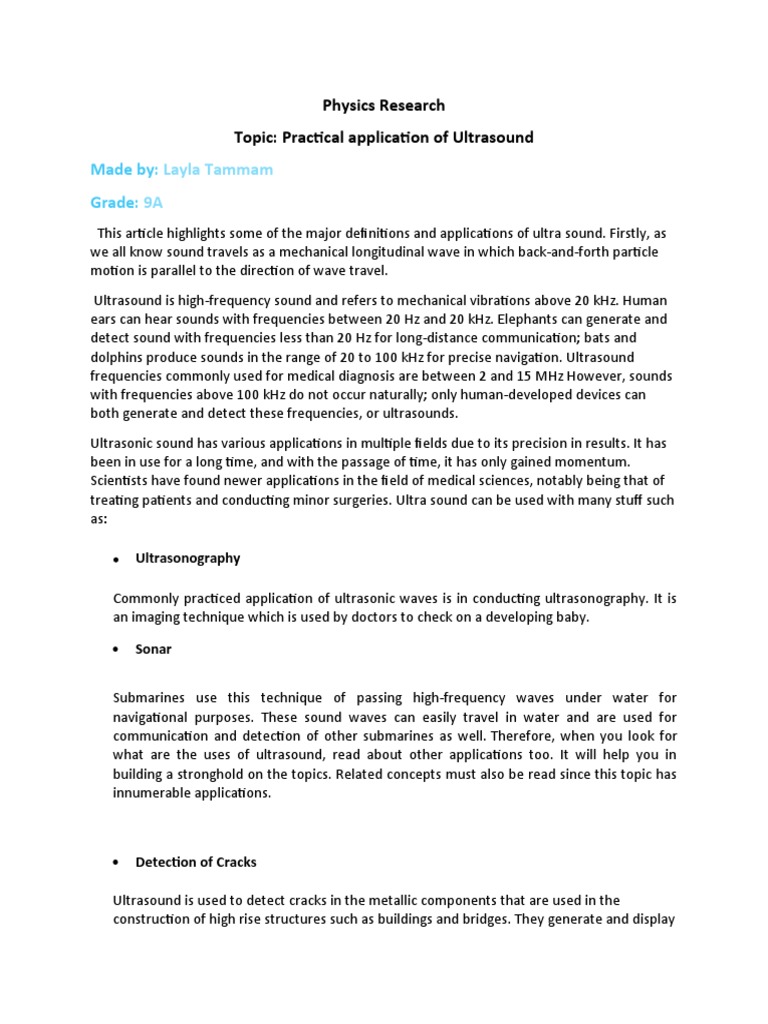Choosing a research topic in physics is a task that can instill both excitement and trepidation among budding researchers. The realm of physics is vast, encompassing everything from quantum mechanics to astrophysics, and emerging fields such as quantum computing and dark matter studies. Navigating through this expansive territory necessitates a systematic approach to identify a topic that is both of personal interest and contributes meaningfully to the field. Herein, we delineate several strategies and considerations that can serve as a guiding framework for selecting an appropriate research topic in physics.
1. Assess Personal Interests and Aptitudes
The first step towards finding a suitable research topic is introspection into personal interests and strengths. Engage in a thorough examination of various subfields within physics. For instance, areas such as condensed matter physics or cosmology may resonate differently with individuals depending on their inclination toward theoretical analysis or experimental methodologies. Identifying what ignites curiosity or passion can significantly ease the arduous process of topic selection.
2. Engage with Current Literature
Delving into the existing literature is vital. Reading research papers, articles, and reviews can illuminate prevailing trends and unresolved questions within the field. Journals such as the Physical Review Letters or the Journal of Applied Physics are treasure troves of recent developments. Systematically reviewing literature allows for the identification of gaps in knowledge and sparks new ideas for investigation. For example, an absence of research on certain materials in solid-state physics might present a unique opportunity for exploration.
3.Attend Seminars and Conferences
Participation in seminars, workshops, and conferences can catalyze the idea-generating process. Engaging with experts and peers fosters a dynamic environment for the exchange of ideas. Closely following keynote speakers and their discussions can present fresh perspectives and highlight emergent themes worth exploring. Networking can also lead to collaborations that further refine potential research topics.
4. Consult with Advisors and Mentors
Leveraging the expertise of academic advisors and mentors can provide invaluable guidance. These seasoned professionals can offer insights into feasible topics based on current trends, available resources, and institutional capabilities. Mentors can also channel your interests into specific areas that align with their research laboratory’s focus, which may lead to fruitful avenues of inquiry.
5. Explore Interdisciplinary Approaches
Interdisciplinary research has gained momentum in contemporary physics, incorporating methodologies and concepts from adjacent scientific disciplines like chemistry, biology, and even computer science. Topics such as biophysics or the intersection of physics and materials science can yield novel research questions. Exploring interdisciplinary applications not only enriches the research potential but also contributes to the broader scientific community.
6. Investigate Technological Advances
Keeping abreast of technological advancements can stimulate innovative research ideas. The advent of new materials, experimental techniques, or computational methods can unveil previously uncharted territories in physics. For instance, advancements in nanotechnology have opened new realms in materials science, allowing physicists to explore atomic and molecular manipulation, leading to groundbreaking research opportunities.
7. Contemplate Societal Impact
Consideration of the societal implications of research can be a guiding principle in selecting a topic. Research that addresses global challenges—such as climate change, energy sustainability, or healthcare applications—can resonate more profoundly with both the scientific community and the public. Engaging with topics that bear societal significance not only enhances the relevance of your work but also may attract funding opportunities and collaborations with industries.
8. Embrace Persistence in Narrowing Down Choices
The process of narrowing down from a broad range of interests to a specific research question requires persistence and critical thinking. Once potential topics have been identified, one should engage in a rigorous evaluation of each option, considering factors like feasibility, the availability of resources, and alignment with long-term academic goals. Articulating clear research questions and objectives provides a clearer path forward in the refinement process.
9. Develop a Research Proposal
Once a compelling topic has been identified, formulating a research proposal is the next step. This document should encapsulate the significance of the research question, the methodologies to be employed, and the expected outcomes. A well-structured proposal serves not only as a roadmap for the research process but also as an essential tool for garnering feedback from peers and advisors, which can further refine the research focus.
10. Remain Adaptable Throughout the Research Process
Ultimately, the journey of research is inherently iterative. New findings or unexpected challenges may necessitate adjustments to the initial research focus. Maintaining flexibility allows researchers to pivot as required, fostering a more innovative and dynamic research environment. An openness to revisiting and refining the original topic can lead to richer insights and unforeseen advancements in understanding.
In conclusion, the selection of a research topic in physics is a multifaceted endeavor that requires a thoughtful blend of personal introspection, engagement with current literature, collaborative discussions, and societal considerations. Through systematic exploration and adaptability, researchers can carve a path to meaningful discoveries that may contribute significantly to the field of physics and beyond.












